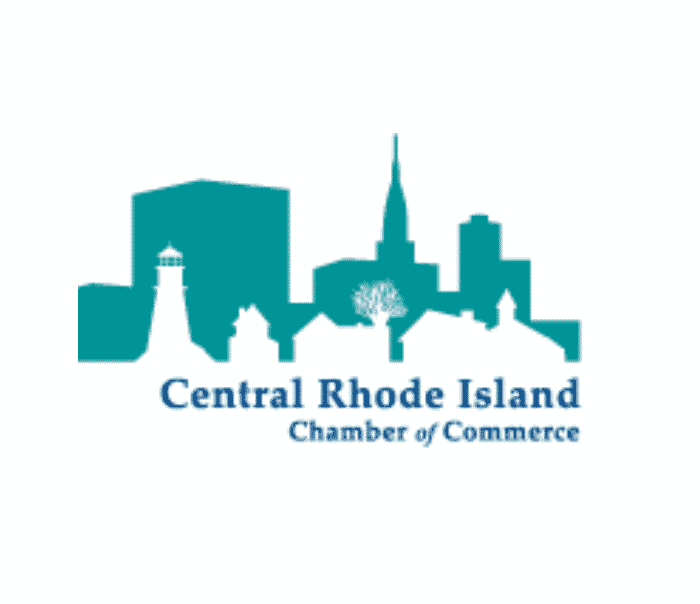
 The past nine months have been anything but normal for local businesses as they work with the Central RI Chamber of Commerce strives to find pandemic pivots that’ll keep the economy afloat.
The past nine months have been anything but normal for local businesses as they work with the Central RI Chamber of Commerce strives to find pandemic pivots that’ll keep the economy afloat.
Reduced hours, closures and customer limits have been a challenge. Even more challenges are coming starting Monday, Nov. 30 when Rhode Island moves into a two-week “pause,” aimed at giving the state a shot at tempering the rise in COVID cases.
During the two-week pause, childcare facilities, manufacturing and construction, personal services, health care facilities and retail (with existing capacity limits) will stay open. Offices will move to remote work, colleges and universities will end in-person instruction, and recreational venues will be closed to try and curb the outbreak. The restaurant industry will see even more restrictions as indoor dining limits are being scaled back to 33 percent capacity. Early closures will remain in effect and restaurants will be required to only seat members of the same household at one table. Bars and recreational venues will have to close during this period per the governor’s guidelines.
For small businesses, the challenge COVID presents has been anything but easy.
“We are hearing again as people’s opinion of the severity of this varies, so does the impact of COVID on business,” said Lauren Slocum, president and CEO of the Central RI Chamber of Commerce.
While some businesses are busier, the chamber is hearing from those who have tried to reinvent themselves that are just getting by. And the impact expected from the state’s two-week pause and increased restrictions going into effect raises more concerns, according to Slocum.
“Our concern is they are too close financially and they are most likely going to have to close,” she said. “For some their house is their collateral on their loan. Many are families with small children. We have some financial institutions that have said ‘tell them to call us. We aren’t miracle workers but let’s look at how we can help.’”
For many businesses to survive, COVID is forcing them to reinvent themselves to keep their doors open until things go back to normal post-pandemic.
“You have to ask how do you get creative with your business,” Slocum said. “There are businesses that essentially their primary or so focus is not able to happen anymore because of COVID.”
Slocum said the chamber is helping business owners come up with plans and ideas to keep their businesses afloat. Whether helping to brainstorm, or connecting them with individuals to work with, Slocum says the exchange of people talking with each other, even for just 30 minutes, has been beneficial. It’s a great way for them to come up with a Plan B, while just putting Plan A up on the shelf, for now. Then, when the time comes, they can stay with their new plan or go back to their original one, Slocum said.
The COVID-19 pandemic has dramatically impacted food service, as well as accommodations statewide. And it’s not just those specific businesses impacted. “Everything else that goes with it, is also impacted, and, in some cases, decimated. All your entertainers, lighting companies, event decor, rental companies, printing companies, everything that goes into events that you have at the venue is now for the most part nonexistent.”
Grant Programs Offer Aid
Rhode Island has several grant programs to help local businesses navigate the challenges of COVID, including an adaptation grant to help those businesses needing to revamp what they do. But navigating what’s out there can be challenging.
“It’s a challenge when you don’t know what your future looks like,” Slocum said. “The state has been good with a hotline that has been helpful. But we tell people to look at your chamber. Ask, if they don’t have the info, they can usually get you to the right person. You don’t have to do it alone. You may not have the answer but someone around you does. But if they don’t know you have the question, they can’t give you thoughts or suggestions. So you need to ask.”
In early November, after implementing earlier closing times, the governor’s office announced a Coronavirus Relief Fund grant program of $2,000 to $10,000 for restaurant and bar owners affected by the mandated early shutdown throughout the state.
This week Gov. Raimondo also rolled out a new grant program for gyms, restaurants, fitness centers, event planners, bars and other businesses subject to the new restrictions. These grants will range from a minimum of $500 to a maximum of $50,000.
“We all have to work together to combat the coronavirus. Restrictions are a key part of our efforts. But at the same time, we must recognize the many hardships that our business community faces,” Rhode Island Tax Administrator Neena Savage said in a statement. “Therefore, we are launching this grant program to provide needed relief to those businesses that will be directly affected by this round of restrictions. These are grants, not loans; they are intended to provide some measure of financial assistance to help the affected businesses cope.”
Slocum says the chamber is spending numerous hours a day helping business owners figure out their new plans, as well as navigate the grants and financial opportunities.
From its small business resource center to the upcoming launch of a virtual marketplace web-based shopping platform, the chamber continues to help guide businesses through everything they need to get through the pandemic.
“It’s riding the rollercoaster that’s so challenging and they just need to make sure they aren’t doing it by themselves,” she said.
This is a test
